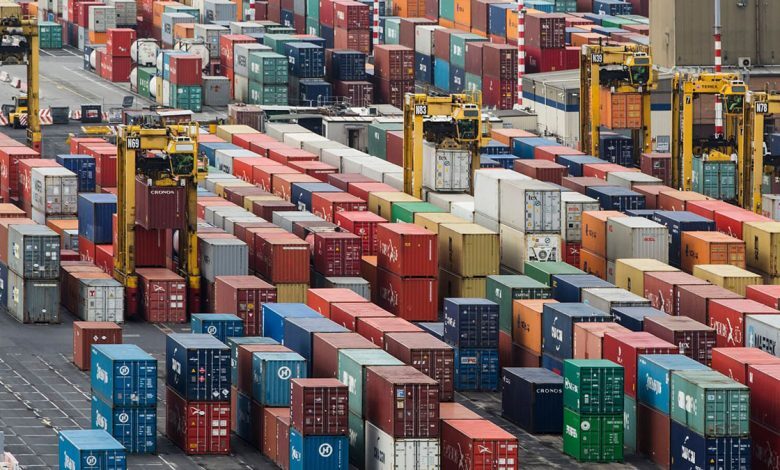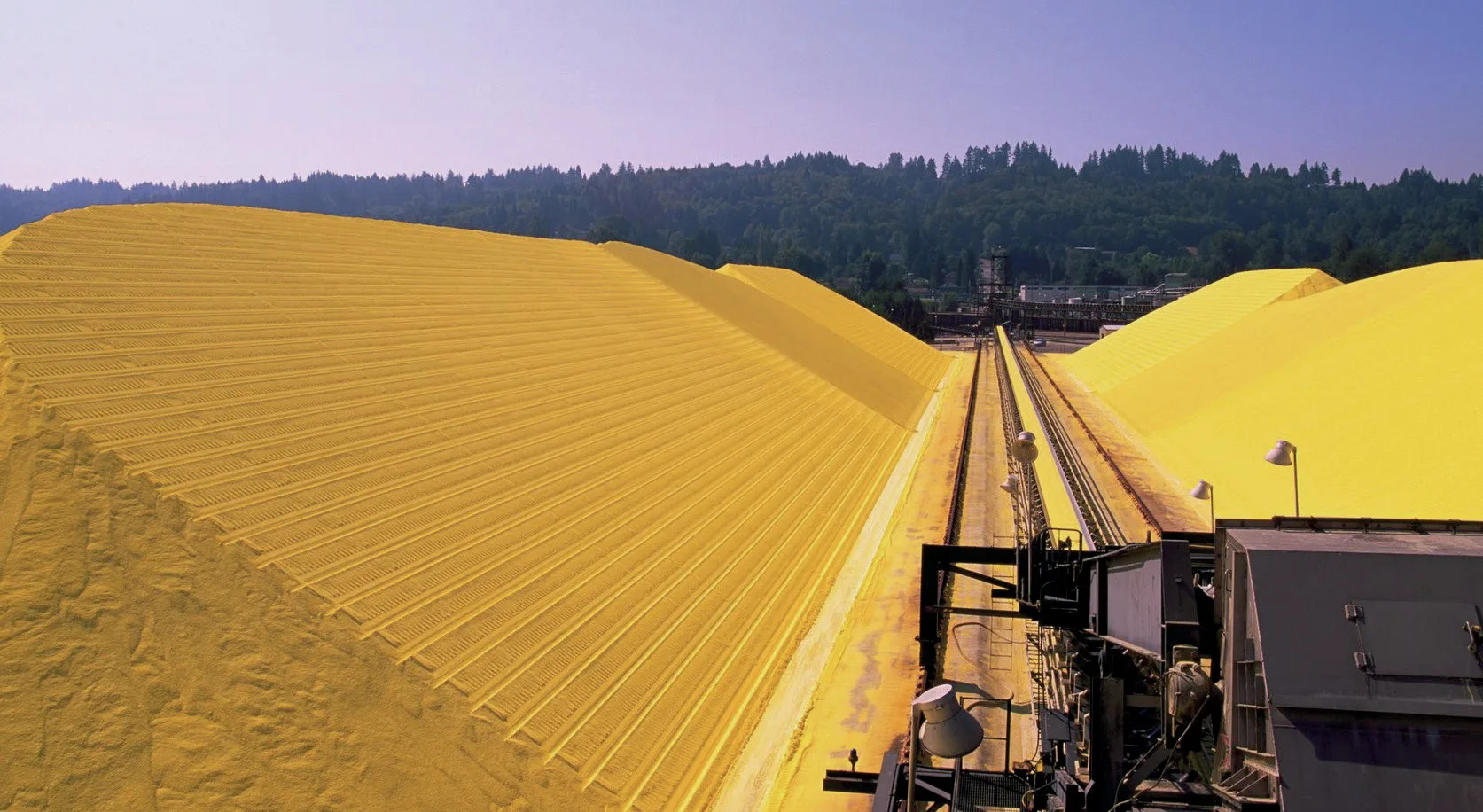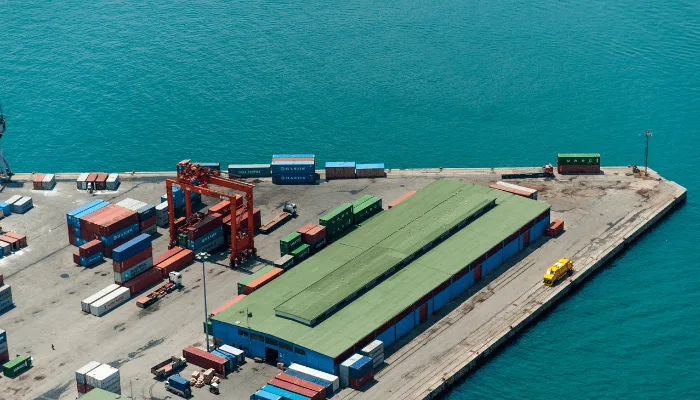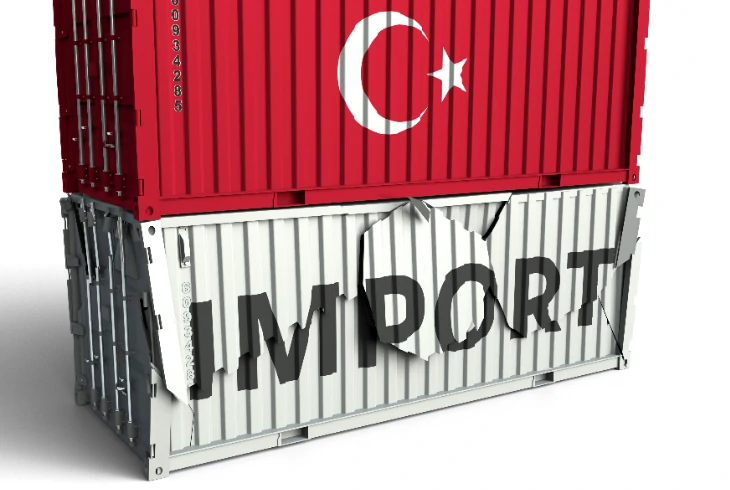
Learn how importers can verify the quality of petrochemical products such as HDPE, Polypropylene, Sulphur, and Methanol before purchasing from suppliers. Follow these essential tips to avoid costly mistakes.
Why Quality Verification Matters in Petrochemical Trade
Importing petrochemical products — like Polyethylene, Urea, Base Oil, or Sulphur — without proper quality control can lead to:
-
Regulatory rejection at customs
-
Equipment damage during industrial use
-
Financial losses due to low-grade materials
-
Brand damage from subpar products
Whether you’re sourcing from Iran, UAE, or CIS countries, a robust quality verification process is essential for success.
✅ Step-by-Step Guide to Verifying Petrochemical Product Quality
1. Request a COA (Certificate of Analysis)
Always ask for an official COA from the manufacturer or supplier. This document includes:
-
Product specifications
-
Purity level (e.g., >99.85% for Methanol)
-
Density, viscosity, melting/boiling point
-
Testing method (ASTM, ISO, etc.)
-
Production date & batch number
🔍 Tip: Cross-verify the COA with international standards relevant to your industry.
2. Ask for Sample Testing Before Shipment
Before placing a bulk order, request:
-
Small quantity samples for lab testing
-
Third-party testing via SGS, BV, or Intertek (especially for exports from Iran or China)
📌 For example: If importing Polypropylene (PP Raffia), test for MFI (Melt Flow Index), tensile strength, and elongation.
3. Use Third-Party Inspection Services
Pre-shipment inspection is common practice among large buyers. Global services include:
-
SGS, Bureau Veritas, TUV SUD, Intertek
-
Services include visual inspection, sampling, documentation verification, and on-site lab testing
🧾 You’ll receive a detailed inspection report confirming compliance.
4. Understand the Grade & Intended Use
Petrochemical products come in different grades:
| Product | Common Grades | Application Example |
|---|---|---|
| HDPE | Film, Blow Molding, Pipe | Packaging, bottles, piping |
| Polypropylene | Homo, Copo, Raffia | Textile, injection molding |
| Sulphur | Granular, Lump, Pastille | Fertilizer, chemicals |
| Base Oil | SN150, SN500, SN650 | Lubricants, greases |
🔍 Ensure the grade matches your exact industrial use case.
5. Ask About Packaging & Handling Standards
Poor packaging can lead to contamination or moisture absorption.
✅ Make sure your supplier provides:
-
Moisture-proof bags or drums
-
Standardized labeling (UN codes, HS codes)
-
Safety Data Sheets (SDS)
6. Verify the Manufacturer’s Certifications
Reputable manufacturers will hold:
-
ISO 9001 (Quality Management)
-
REACH / GHS Compliance for chemicals
-
Local export or health & safety licenses
🧩 PetroExportHub only works with verified producers across Iran.
Red Flags to Watch Out For
❌ Supplier avoids third-party inspection
❌ Inconsistent COA or outdated batch reports
❌ Lack of clear grade definition
❌ Very low prices without transparency
Final Tips for Importers
-
Work with experienced export hubs like PetroExportHub
-
Establish long-term relationships with trusted producers
-
Always compare lab results, pricing, and certifications
-
Include quality clauses in your contracts and LC terms
Need Verified Petrochemical Products?
At PetroExportHub, we export:
-
✅ HDPE, LDPE, PP
-
✅ Sulphur (Granular & Lump)
-
✅ Urea, Bitumen, Methanol
-
✅ Base Oil SN150 / SN500 / SN650
We provide full COA, third-party inspection support, and guaranteed quality.
📧 Contact: info@PetroExportHub.com
🌐 Website: www.PetroExportHub.com
-
verify petrochemical quality
-
how to test HDPE quality
-
import polypropylene from Iran
-
SGS inspection for petrochemicals
-
COA vs MSDS
-
quality check sulphur export
-
how to import urea safely








